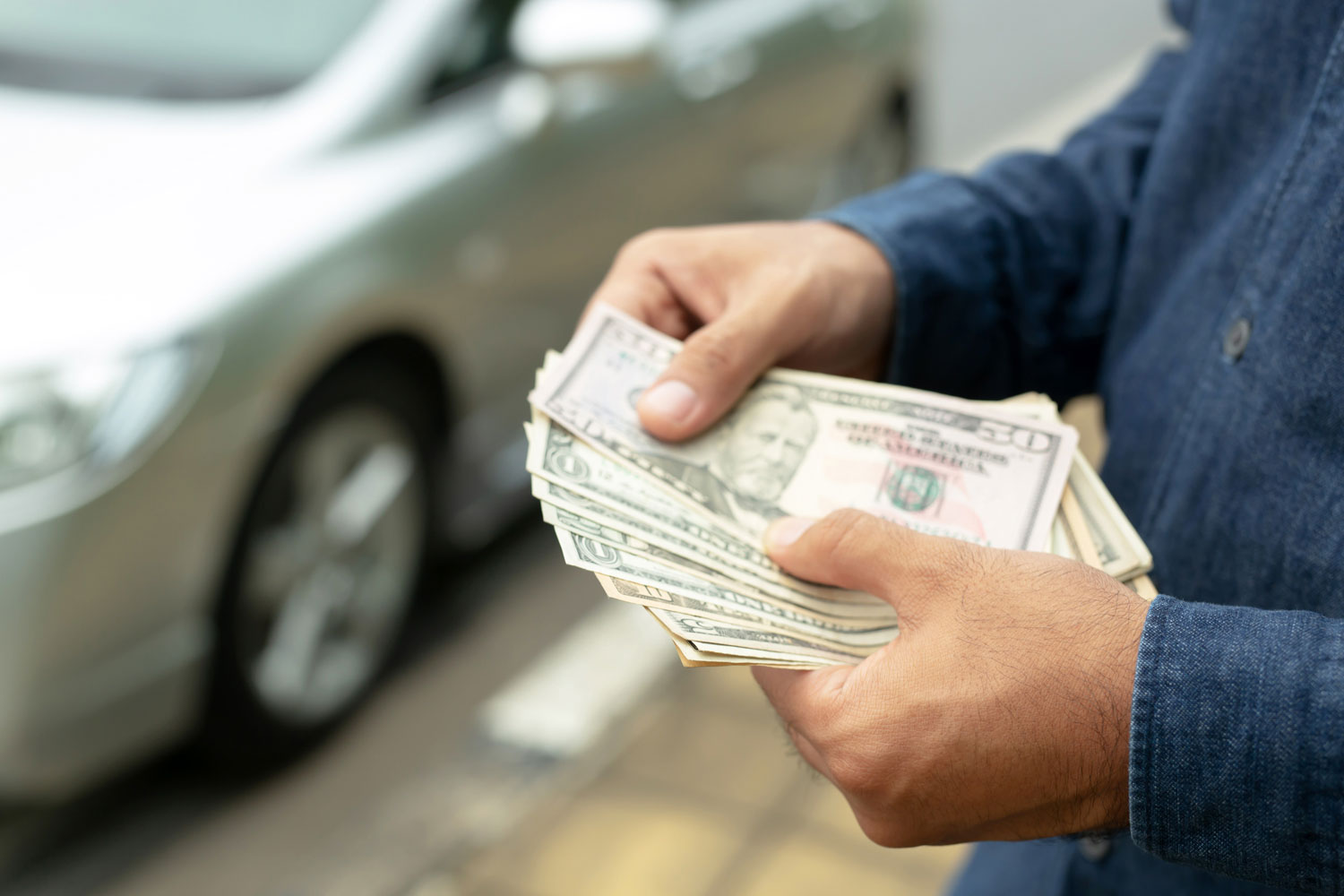What To Do if You Have Leftover Money From a Car Loan
Leftover money is still part of your loan, so it's important that you use it wisely.
 Shutterstock
Shutterstock
Article QuickTakes:
It might sound too good to be true: walking out of a bank with enough money to buy the car you've chosen and then some. Leftover money is a misleading way to think about cash left over after buying a car. This money is still part of your debt to the lender, so you will have to pay it back.
Luckily, if you find yourself with leftover money from a car loan, you can make wise choices to use that money and still manage your payments long term.
Situations Resulting in Leftover Money From a Car Loan
Admittedly, leftover money from a car loan is rare when you receive financing through a dealership or are connecting your lender directly to the dealership. However, here are some times when you might find yourself with more loan money than the total cost of the car.
Unsecured Personal Loans From Banks for Private-Seller Car Purchase
One of the most common ways you'd end up with leftover money from a car loan is if you've applied for an unsecured personal loan, meaning that the lender can't repossess your car even if you default on the loan.
Personal loans are sometimes more expensive in terms of interest rates compared with a secured car loan, but for older, lower-cost cars from a private seller, a personal loan can be a simple way to get the cash you need and make the purchase. Keep in mind that some lenders have a minimum amount of money they're willing to lend.
Cash-Out Refinancing Your Car Loan
One way you can change the terms of your car loan is to seek a cash-out refinance. For instance, if you've been paying on a six-year loan for three years and interest rates are much better now, you may be able to refinance your loan for a lower rate but higher balance than you still owe, taking the remainder out in cash.
Here's a simplified example of how this might work.
Let's say that after three years, your car is now worth $15,000, and you still owe $10,000 on it. Lenders may offer you a better interest rate on a $10,000 loan, allowing you to refinance. They also might offer you a $12,000 loan, giving you $2,000 in cash at that moment.
Be aware that your loan continues until all $12,000 of the balance is paid off, even if you're in the "last $2,000"—a lender could still repossess the car if necessary at the end of that loan, since it is secured by the car.
Ways To Use Leftover Money From a Car Loan
If you have cash in hand after a car loan, you can most likely make your own decision about the leftover money. But when it comes to potential high-value uses for the money, it's worth considering these three options before using the money for unrelated spending:
Pay Ahead Immediately to Cut Interest Costs
If you didn’t intend to have leftover money, it's easy for the cash to burn a hole in your pocket, and you may feel pressure to spend it. Check with your lender and see if you can pay ahead on your loan, since this could reduce how much interest you have to pay over time.
Start a Car-Repair Emergency Fund
If you have leftover money from a car loan handy, you can use it to make it easier to get back on the road after an unexpected car breakdown. Starting a car-repair emergency fund is still related to keeping your car in good working order and helping to retain its value.
Pay Down Higher-Interest Debt
One use for cash from something like a cash-out refinance would be to pay down higher-interest debt, such as credit card debt. It can feel good to wipe out a credit card debt and no longer owe minimum payments on it, even if it means you pay a little more or a little longer on your car.
Understand Your Debt and Equity Situation When You Have Leftover Money
Getting ahead on other payments, saving for a future car repair, or just paying down the loan are some ways to use money leftover from a car loan. Every situation is different, but you're in a better position to make the right call if you know just what obligations come with this leftover money—so talk to your lender about it in detail.



